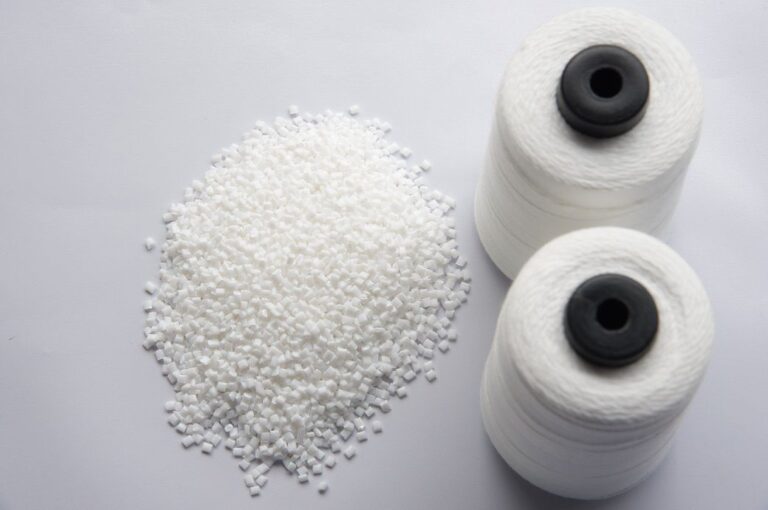
[ad_1]
India’s Directorate General of Trade Remedies (DGTR) issued a notification in this regard on October 27, 2022, in which the authority concluded that domestic industry is not suffering any material injury in terms of the provisions of the anti-dumping rules. Therefore, DGTR does not consider it appropriate to recommend levy of anti-dumping duty on the imports of MEG from the countries mentioned in the complaints. The investigation was initiated on June 28, 2021.
India has rejected the imposition of anti-dumping duty on monoethylene glycol (MEG), a raw material used for Polyester Staple Fibre (PSF). Indian authorities had initiated an investigation in June 2021 after receiving complaints from Reliance Industries Limited (RIL) and India Glocols Limited (IGL). Local textile industry has welcomed the development.
The decision of DGTR will pave the way to keep the door open for domestic producers of PSF who import MEG from international markets. It will provide more options for domestic industry to source raw materials. MEG along with purified terephthalic acid (PTA) and MELT are major raw materials for PSF. RIL dominates the domestic market of PSF and its raw materials. DGTR’s decision will provide smaller players more room to do business.
The Southern India Mills’ Association (SIMA) chairman Ravi Sam welcomed the move and said that MMF particularly the polyester would be the growth engine and job creating sector. He has stated that adequate availability of polyester staple fibre at an internationally competitive rate would fuel the growth of emerging technical textile segment. As the country started facing cotton shortage, several hundreds of spinning mills, weaving mills, knitting and garment capacities are switching over to polyester textile clothing manufacturing and thereby sustaining the financial viability of these segments apart from protecting the jobs of several lakhs of people, SIMA chairman added.
Fibre2Fashion News Desk (KUL)
[ad_2]
Source link